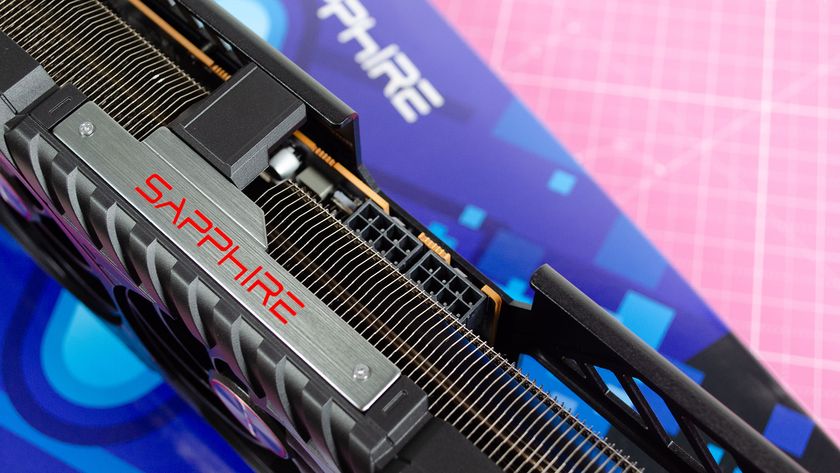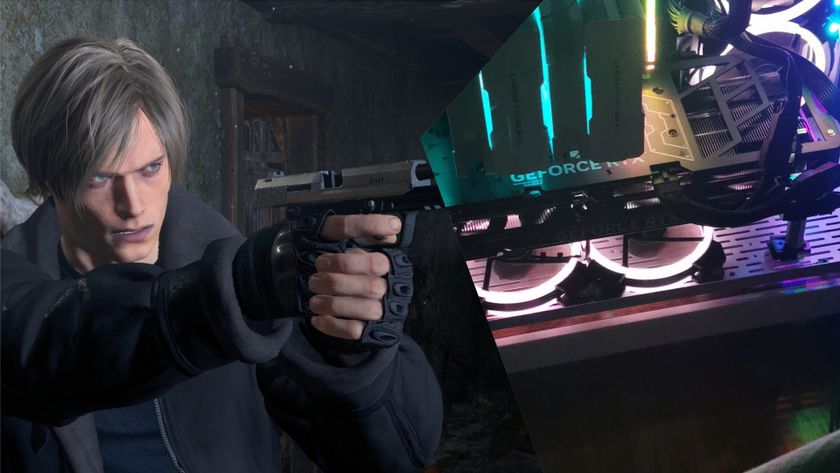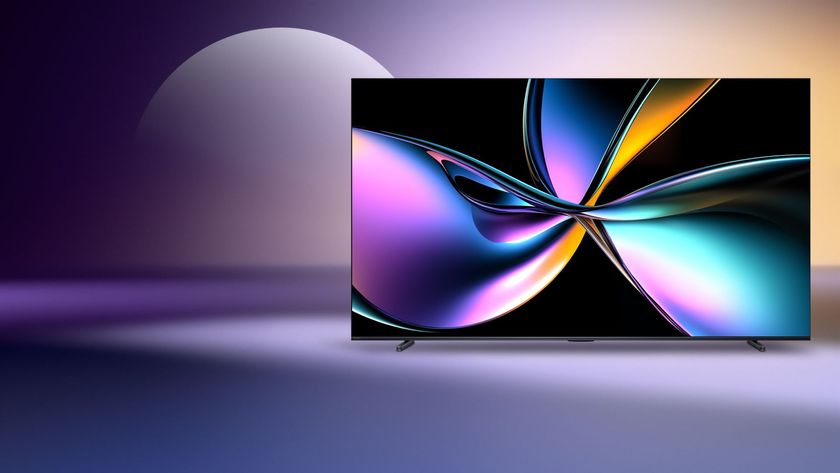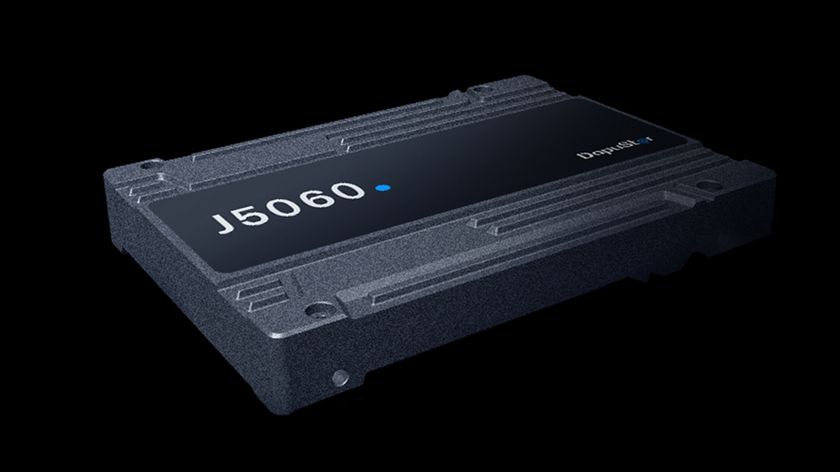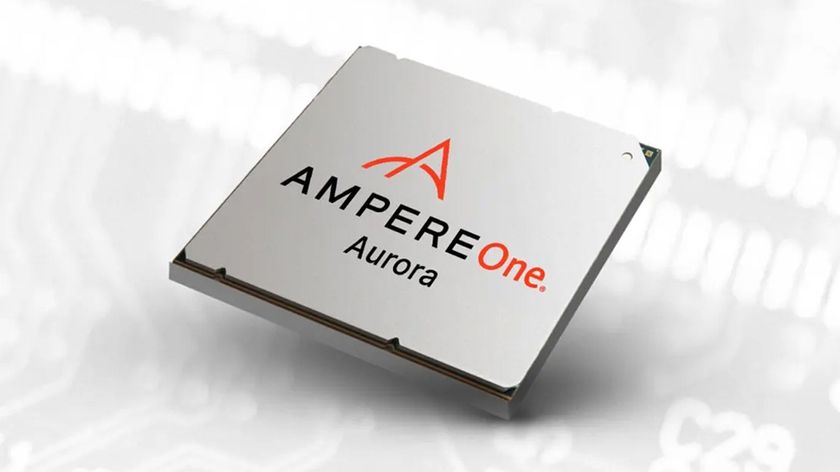Richard Huddy rips Nvidia GameWorks, talks AMD's new attitude
The new-old graphics recruit isn't afraid to speak his mind
TR: AMD, at least in talking about Mantle, has been focused on conveying a sense of openness to the industry as of late. Is this arms-open approach new for the company or as it always been like this?
RH: I think it's true of AMD that it's kind of in our DNA. That's the kind of the phrase that all companies use when they talk about something which lasts for awhile. But it really is. It's very fundamental to us. We believe in open and fair competition. We believe in exposing things through open standards. So, for example, if I look back, the 64-bit x86 processors that we use in our PCs today, the x86 stuff was invented by AMD and put out as a standard.
We have worked with monitor vendors to improve the quality of gaming monitors so you don't get the kind of visual tearing that's around on monitors at the moment. That will come to market at the end of this year or early next year, and that's coming to market as part of a standard.
I think that we're good listeners. We certainly aim to be good listeners and we absolutely work with the benefit of the ecosystem in mind. I guess everyone's tempted to say that - I don't know whether that sounds terribly cogent and you feel persuaded by me saying that. I don't know, but the truth is we really do work that way. Open standards are a big deal. When I no longer wanted to be at Intel because Intel's focus wasn't on graphics, I looked around the industry and I looked at companies like Nvidia and Microsoft and Sony and I chose AMD because AMD has this open, very ecosystem friendly kind of approach. We don't tie people to our platform.
You've probably seen some fuss about GameWorks recently and we're going after that and we're attacking it as being just the opposite of open. They close everything down. There's DLLs which are delivered to games developers with code in there that they can't see. It's the opposite of what any games developer would want and it is not the way AMD approaches it. We could have [done it] our own. 'We'll do AMD GameWorks, that's the answer. We'll lock everyone into our code.' To be honest, it's a dumb way to drive the industry forwards.
TR: That's not exactly a warm and welcoming attitude.
RH: I don't know if you've had the exciting thrill of watching my video with PC Perspective in the last couple of days. I've been flattered by the amount of attention that it's received because we've gone out there and we've talked very deliberately, very openly about the things that we want and the things that we like and why we're trying to go in particular directions and what we think is wrong with some of the things in the industry.
Get daily insight, inspiration and deals in your inbox
Sign up for breaking news, reviews, opinion, top tech deals, and more.
The stuff we talk about with open standards, it's always gentle and friendly and touchy feely kind of stuff. It's, you know, pushing things in a healthy ecosystem kind of way, but we are absolutely willing to defend ourselves and our principles so we are being pretty bullish about the attack that we're making on GameWorks at the moment as being a closed, propriety way of near as damn as cheating at benchmarks.
It's an artificial way of creating benchmarks which harm AMD, and that's bad for AMD, obviously, but it actually is bad for games players even when they are using Nvidia hardware. It's as bad as that. That's a remarkable state of affairs. So you will see a change from AMD in that we're taking that slightly more bullish attitude and we're going out there and shouting at it and being proud of the things that we do well.

Most corporations have a legal department that try to rein you in and I've certainly felt the wrath of the legal team where they try and make you terribly timid. AMD is more committed, the organization as a whole is more committed, to this bullish attitude, so I've not had any desperate emails from legal about some of the interviews that I've been involved in, nor do I expect them.
We are serious about going out there and talking very proudly about the things that we're doing, which are good for the industry. We believe that things that we do which are good for the industry will be good for AMD.
TR: Can you speak specifically about what sets Mantle and GameWorks apart?
RH: One of the accusations that Nvidia had made about Mantle is that well, look, Mantle is about optimizing for AMD hardware and GameWorks is for optimizing for Nvidia hardware, so why are they making such a fuss?
There's a basic principle underneath it which shows that they're fundamentally different things. With Mantle, we will allow someone to build a Mantle driver if they like, Nvidia can do it, and there is absolutely nothing, if you think about it logically, there is absolutely nothing that AMD can do to harm a competitor by using Mantle.
If a games developer chose to do a Mantle-only game, we would discourage them. I guess it would be the games developer's choice, but we're not encouraging that. They aught to do a DX game or a GL game, but no matter how fast it runs on Mantle, we can't stop, or influence even, how fast it runs on Nvidia. This is just a way of giving the goodness in our hardware to our consumers.
Unfortunately GameWorks works the other way. It stops the developer doing what they want to do. It stops games players from getting a great experience. The visuals may be improved by frame rates tend to plummet when GameWorks is on, and it creates this artificial situation where they harm us with code that they've written. We can't to that. They're fundamentally different things. Ours is an open standard, theirs is a closed box that is damaging.
[Laughs] Very bullish. And it's often the case that people will futz around a little bit and not try to name competitors, but this stuff looks very malevolent to me, and whether I read their minds correctly or not I don't know, but the fact that they can create a benchmark that is run on our hardware? Huh? Not Right.
Click here for part two of this interview.
Michelle was previously a news editor at TechRadar, leading consumer tech news and reviews. Michelle is now a Content Strategist at Facebook. A versatile, highly effective content writer and skilled editor with a keen eye for detail, Michelle is a collaborative problem solver and covered everything from smartwatches and microprocessors to VR and self-driving cars.

